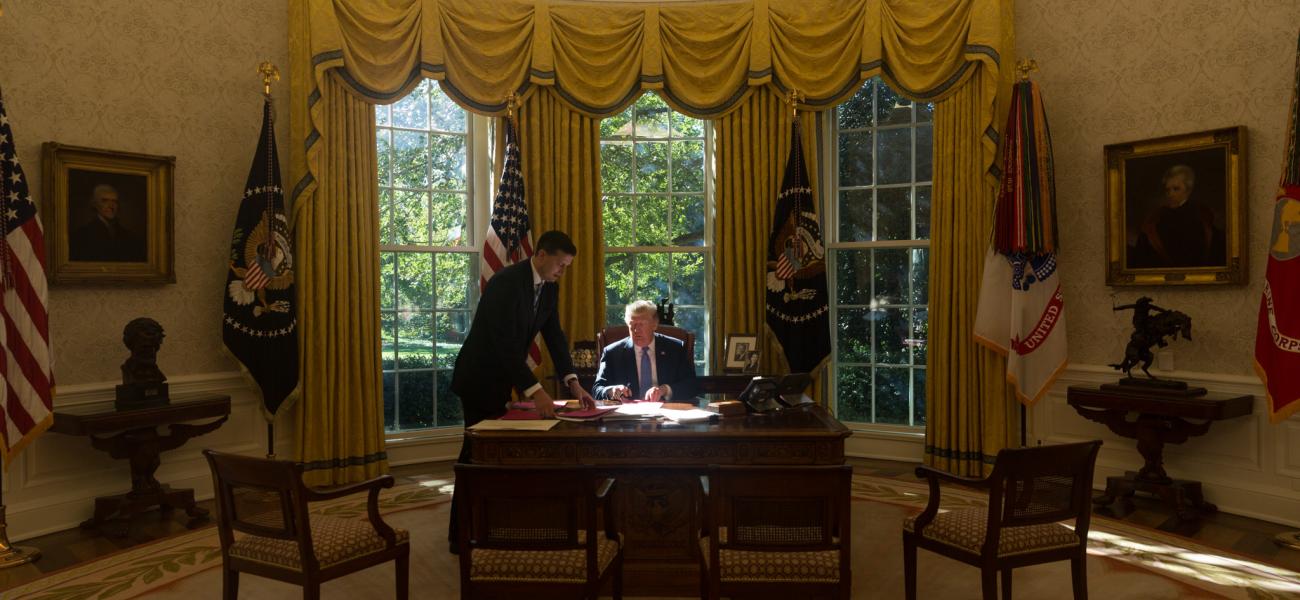
Why Trump Is Right on Russia
This is a summary of an article originally published by the New York Times.
The author writes that while there are many reasons for U.S.-Russia cooperation, Washington’s “own desire for global hegemony” might complicate that cooperation. Russia does not pose the same threat to the U.S. that China does, and working with Russia would allow for greater attention to other geopolitical issues. The author argues that recent policy failures suggest that cooperation with Russia is unavoidable, and this can begin with Ukraine, as per the Minsk II agreement. This would include working toward a compromise in the Donbas region, accepting but not recognizing the annexation of Crimea and lifting sanctions. The author argues against the argument that this kind of compromise would encourage further Russian aggression, as Russia did not invade Latvia in 2008 when Latvia’s weak economy would have made disruption there easy. In Syria, negotiating with Russia and Iran will be necessary as Bashar al-Assad’s Syria isn't going anywhere. In addition, Russia will likely not be willing to take “an outright hostile stance” towards China. Russia’s opposition to the U.S. following the Cold War has not been “out of blind anti-Americanism.” Although Moscow wants better U.S.-Russia relations, this does not mean that it will “lend blanket support to American global primacy.”
Read the full article at the New York Times.
Anatol Lieven
Anatol Lieven is a professor of international politics at Georgetown University in Qatar.
Photo credit: U.S. government work in the public domain.

